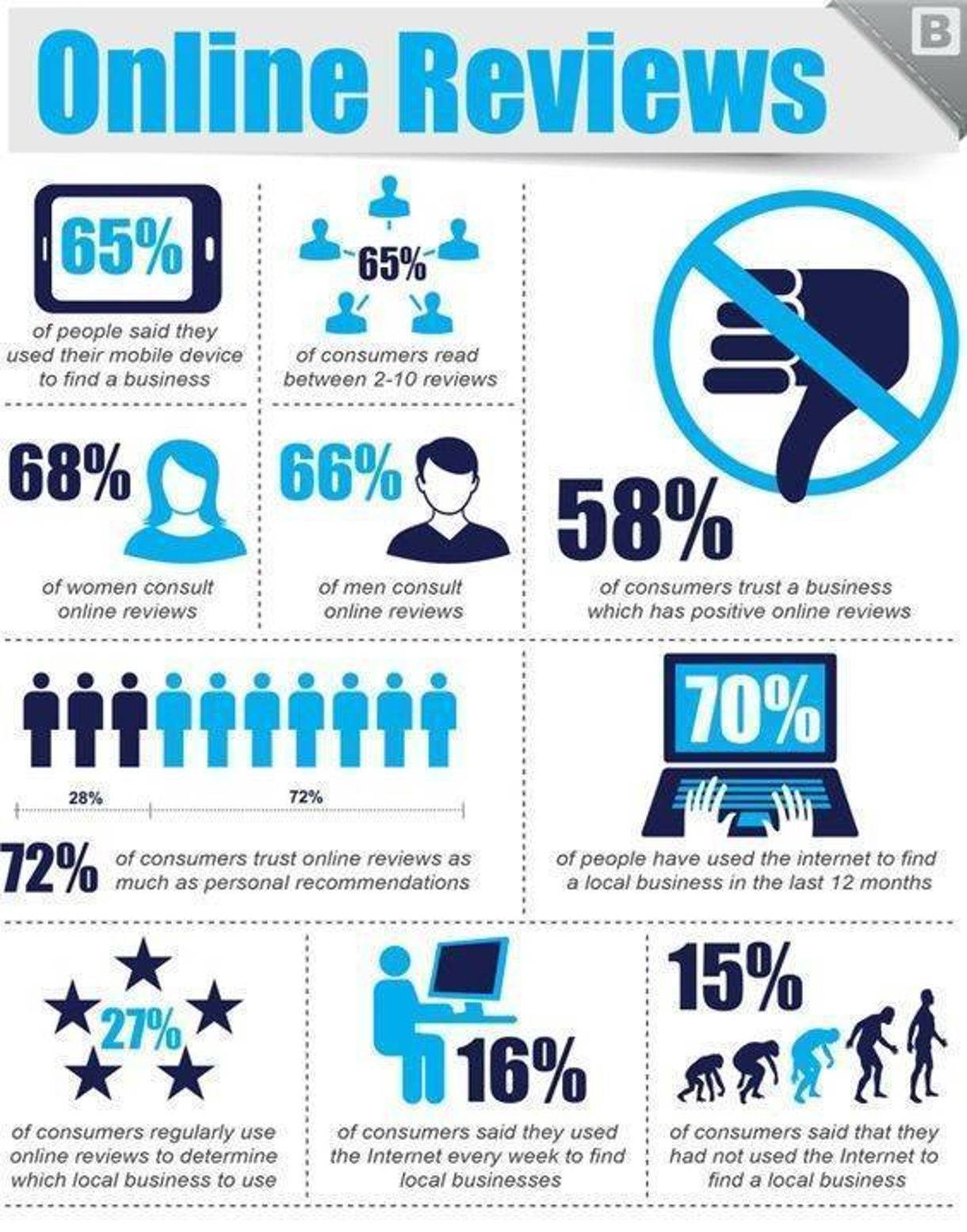

An Introduction to Online Reputation Management

If your business has an online presence, then you need an online reputation management strategy. This has become a vital part of any digital strategy over the past few years and is something you should address if you haven’t already. Having a better understanding of how users, clients, and customers are discussing your site online can provide invaluable information to your business. Knowing how to address these comments and interact with your customers is where the management side of things comes in.
In general, the reputation management process is pretty straightforward. For starters, you’ll want to check review sites and social media sites for existing reviews of your business. From Yelp to Google+ and Facebook, there are a variety of ways for customers to leave reviews quickly and easily across multiple platforms. Be sure to check as many of these sites as you can and anywhere else you can think of that you currently have a presence.
Again, because it’s become so easy for people to leave reviews, odds are you already have some out there. Hopefully most of them are positive, but every business gets negative reviews from time to time. The important thing is to understand that both warrant responses. This can be difficult for many business owners as it is time consuming work and your schedule is probably already filled with other tasks. Many companies choose to outsource this responsibility to an organization that specializes in online reputation management services. This takes the burden of constantly watching and responding to reviews off your plate. Also, because it has become such a big part of the digital landscape, more and more agencies are becoming exceptionally skilled at this type of work.
That’s not to say that you can’t do it yourself. But before you jump in, there are a few things you should know about online reputation management that can better prepare you for the job at hand. To help you get started, we’ve outlined some of the essentials below.

Constantly Check for Your Online Reviews
We’ve already touched on this, but it’s important to reiterate: if you’re about to engage in online reputation management, you’ll need to be prepared to check for reviews and comments about your business. A lot. Facebook is easy enough to check, but you should be managing your reputation across every relevant platform. Yelp, Google+, and any industry-specific review sites that might affect your business should be monitored. Be sure to perform searches for your company name, products, or services to get a snapshot of what’s being said about you.
You’ll quickly find that the information made available from reviews and comments can quickly begin to inform some of your business decisions. You’ll also have the opportunity to better connect with happy clients (the fun part of reputation management) and resolve issues with unhappy clients (the not so fun part). Especially on the social platforms, you’ll want to be timely in your responses. This will show attentiveness and responsiveness to your followers.

Honesty Is Always the Best Policy
This is where a lot of businesses, surprisingly enough, get into trouble. Reputation management should consist of fostering relationships with clients and addressing issues that have been voiced about your business. Reputation management should not consist of fake reviews or attempts to conceal the truth. We’ve seen even some of the most recognized brands get into trouble this way.
In the end, honesty truly is the best policy. Insincere reviews and comments often stick out to potential consumers and just make you look bad. And as difficult as it can be sometimes, admitting to mistakes can actually earn a lot of trust and respect among your followers. While deleting or ignoring negative comments or reviews might seem appealing, trust us. It’ll only make things worse.
Ask Your Customers for Reviews
Part of the reputation management battle is fought by being proactive. Don’t feel like you should only be reactive when it comes to the reviews of your business online. In fact, you should dedicate a portion of your time seeking out additional reviews from your clients. Encouraging feedback has always been a best practice and the more positive reviews you can accumulate, the better your brand’s reputation will be. Given the power of online reviews these days, they also have a significant impact on customers who are in the early stages of the buying cycle.
The techniques to gain these additional reviews vary. A well-crafted email campaign might persuade a good deal of your recipients to leave reviews. If you’re struggling to get commitments, consider adding incentives to your review requests. Referring to our previous tip, just make sure any and all endorsements are honest and ethically acquired.
No matter what techniques you decide to employ, positive reviews are simply becoming a must in the world of digital marketing. It’s now easier than ever to share information and connect with customers, something your business should definitely be taking advantage of. Just consider some of our tips before you start building your online reputation management strategy.




